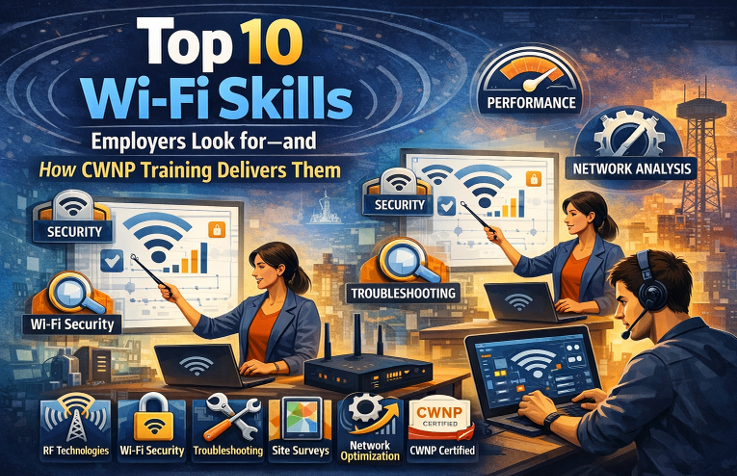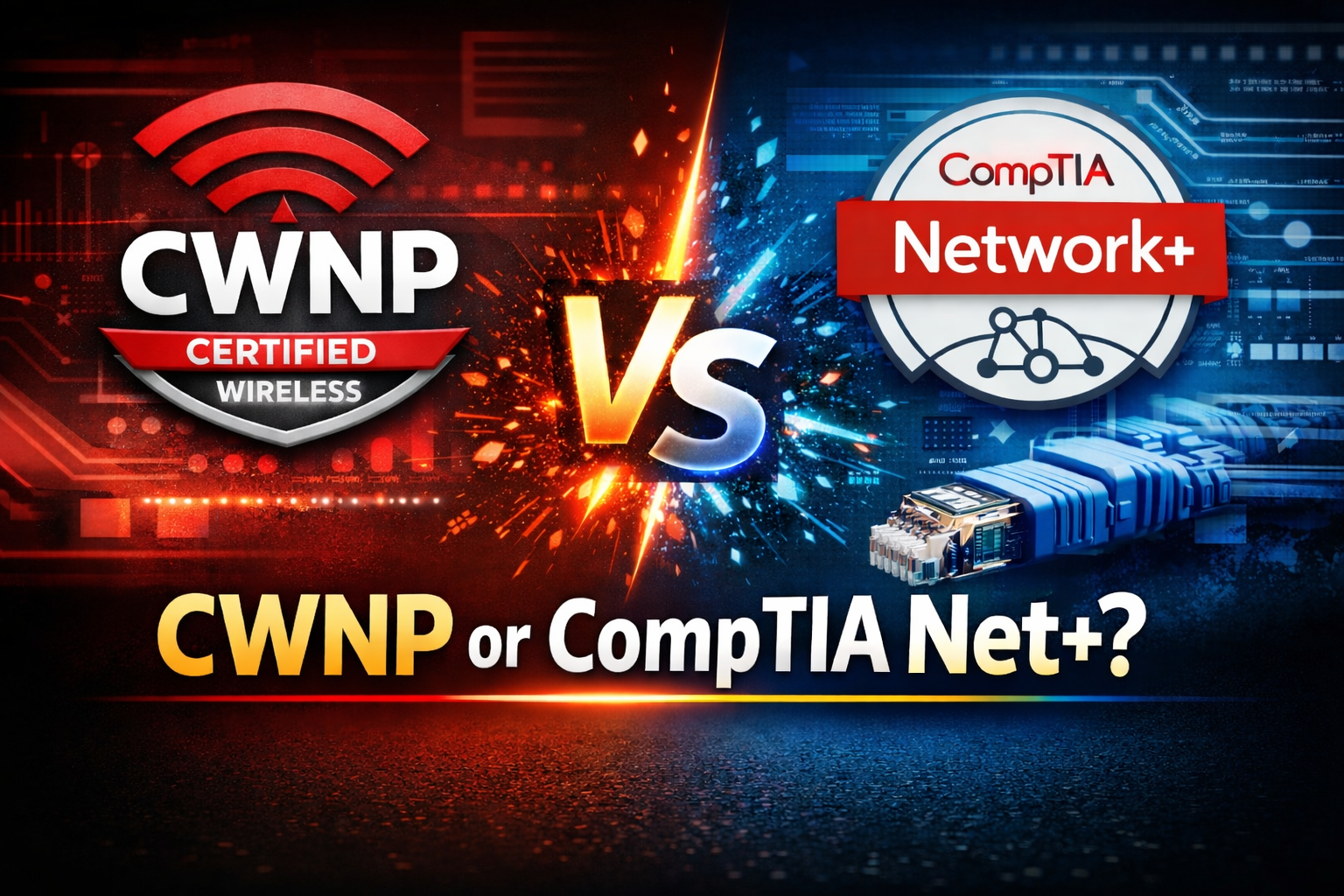Important CCIE Update
Cisco CCIE Training Update
This is a special notification for NC-Expert’s CCIE Candidates.
We have learned from Cisco that it expects to refresh its entire portfolio in February 2020.
We strongly urge all CCIE Candidates to prepare to complete their studies and sit their respective lab exams by the end of 2019, latest.
We understand that there will be limited opportunity for Candidates to sit lab exams in the early weeks of 2020, however these seats will be severely limited.
For candidates anticipating completing their studies, please contact us at your earliest convenience so we can conclude our part in your training.
NC-Expert cannot be held liable if Candidates choose to delay completion of their training because, at this time, Cisco has provided no information about its continued instructor-led offerings.
As a result, NC-Expert cannot confirm that it will be able to continue to offer Cisco’s own instructor-led CCIE training after February 2020.
The post Important CCIE Update appeared first on NC Expert.
NC-Expert Blog





